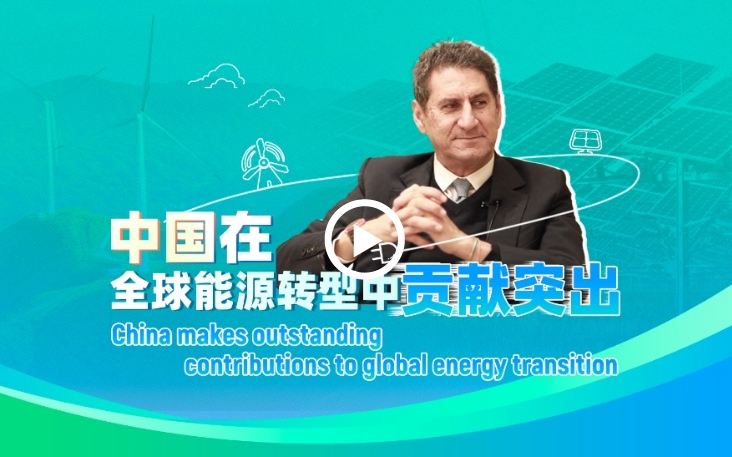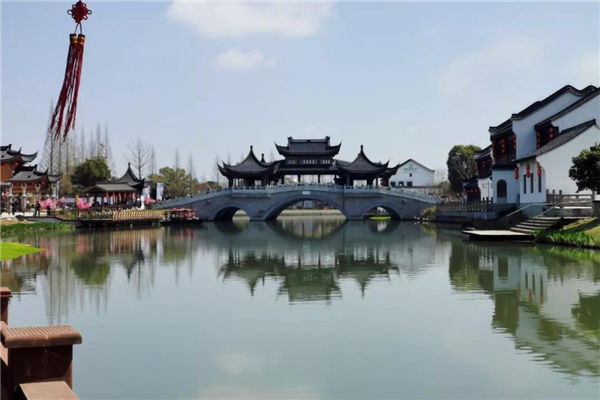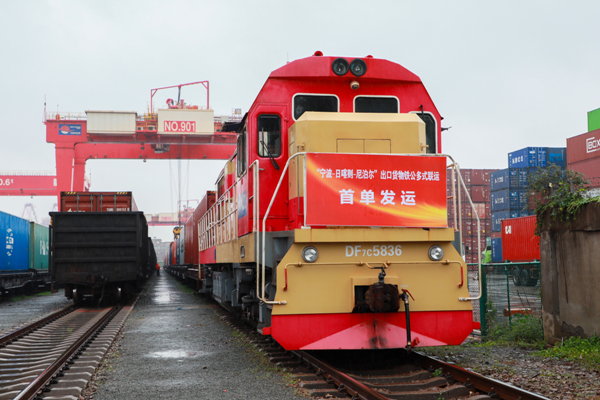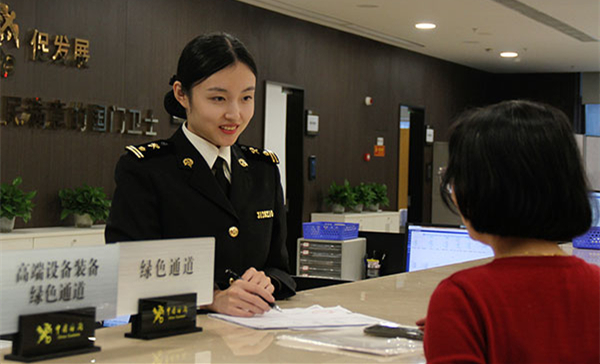Bolder reforms to strengthen nation's market
Execs, analysts, economists expect steps will benefit local and foreign biz
China is poised to take bolder steps to accelerate building a strong and highly efficient domestic market, analysts and business executives said.
Thus, market-oriented reforms will continue to underpin China's next-phase development, which should bring benefits to local residents as well as foreign businesses, they said.
Measures to further empower the role of the market in resource allocation and to foster a level playing field for companies from both home and abroad by removing market entry barriers are vital for China to build a new growth model characterized by the idea of a dual-circulation development pattern proposed by the central leadership, economists said.
A unified domestic market that is efficient, open and rule-based is essential for China to improve internal economic circulation while a strong and prosperous domestic economy will also help enhance external circulation, or the two-way flow of goods and capital, which is the essence of the dual-circulation development idea.
Liu Quanhong, director of the international economics research institute of the Chinese Academy of Macroeconomic Research, said that China gained valuable experience in deepening market-oriented reform in the past decades, which will continue to guide the nation's policymakers on future reforms.
"Strong leadership of the Party to ensure reforms stay on the right track, properly handling the relationship between the government and the market to avoid improper administrative interventions, unswervingly unleashing productivity potential, and using pilot projects for experiment-these are some of the important factors for China's success," he said.
China's GDP expanded to more than 114 trillion yuan ($18 trillion) in 2021 from 54 trillion yuan in 2012 and the country's per capita GDP has exceeded $12,000. Contributing to about 30 percent of global growth in recent years, China has become an important growth engine for the global economy.
"In the next step, I think the most urgent task is to deepen market-oriented reforms for production factors, which is the inner driver of the country to pursue high-quality development and to build a unified and highly efficient domestic market that encourages fair competition and is fully integrated into the global economy," Liu said.
Policies should also be drafted to improve the role of the government for better coordination in allocations of key production factors such as land, capital, labor and technology, he said.
The central leadership sent a clear signal to accelerate market-oriented reform at a recent top-level meeting. President Xi Jinping said at the meeting in December that it is imperative to speed up the building of a unified national market that is efficient, standardized, open and allows fair competition. It is also vital to establish unified market rules and regulations across the country and promote the smooth flow of goods, factors, and resources on a wider scale.
Xu Gao, chief economist at BOC International, said that building a dual-circulation development model will better enable the Chinese economy to shift toward a consumption-driven growth model and to unleash the potential of its vast consumer market.
Necessary reforms including policies to substantially increase household income and its share in the country's GDP and to reform the existing income distribution system are crucial for China to build a stronger consumer market.
"A strong and vibrant domestic consumer market will create attractive business opportunities, which will also be welcomed by foreign companies," Xu said.
Foreign investors have given China a vote of confidence despite the shocks generated by the COVID-19 pandemic. In 2021,61,000 foreign-invested enterprises were established in China, up 23 percent, Xinhua News Agency reported, citing other news outlets.
Wu Dongming, CEO of DHL Express China, said: "China's 'dual-cycle' model marks the Chinese economy's entry into a new era of enhanced economic development. The continuous opening-up has been leading to an improved business environment, in particular the efficiency of Customs clearance, from an international logistics provider's perspective."
Peter Foo, president and chief executive officer of United Overseas Bank (China) Ltd, a subsidiary of the Singapore-based banking group, echoed the view that a stronger Chinese economy will generate more opportunities and greater access for foreign businesses.
"To achieve stable and high-quality economic development, China is spearheading efforts to drive sustainable trade and investment flows and build a greener and upgraded economy. We see more opportunities in enabling customers to transform together with China's economy," Foo said.
Zheng Xin and Jiang Xueqing contributed to this story.

 China makes outstanding contributions to global energy transition
China makes outstanding contributions to global energy transition  Ningbo village inspires Malawi official
Ningbo village inspires Malawi official  A look at China's economic data in the first three quarters of 2024
A look at China's economic data in the first three quarters of 2024 


